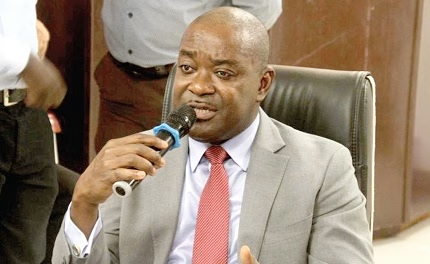The Ghana Tertiary Education Commission (GTEC) has raised concerns about the increasing misuse of honorary titles like “Doctor” and “Professor,” urging individuals and institutions to stop adding these titles to their names and credentials.
In a statement signed by Professor Ahmed Jinapor Abdulai, the Director-General of GTEC, the Commission expressed worry over the rising trend of individuals using honorary doctoral and professorial titles as though they were earned academic qualifications. The Commission called this practice misleading and unethical, warning that it violates the provisions of the Education Regulatory Bodies Act, 2020 (Act 1023).
“While we recognize and encourage the responsible acknowledgment of distinguished individuals, honorary titles should only be conferred by accredited and recognized institutions within Ghana’s higher education system,” the statement read. GTEC clarified that although honorary degrees are awarded to recognize exceptional achievements and service, recipients should not use these titles in their formal credentials or personal identity. The Commission stressed that doing so is illegal and undermines the integrity of the academic system in Ghana.
Under Section 8 (3)(d) of Act 1023, GTEC is tasked with regulating the use of academic titles and terminology, including terms such as “university,” “college,” “Emeritus,” “Professor,” “Doctor,” and “Chartered.”
GTEC appealed to the public and higher education institutions in Ghana to uphold ethical standards when conferring and using these honors. The Commission also urged individuals to take personal responsibility and exercise restraint.
“To protect the integrity of Ghana’s higher education system and preserve its credibility, the Ghana Tertiary Education Commission demands that all stakeholders refrain from misusing honorary academic titles,” said Professor Ahmed Jinapor Abdulai, Director-General of GTEC.
The Commission ended with a strong warning that institutions and individuals who continue to violate these guidelines could face regulatory sanctions.




